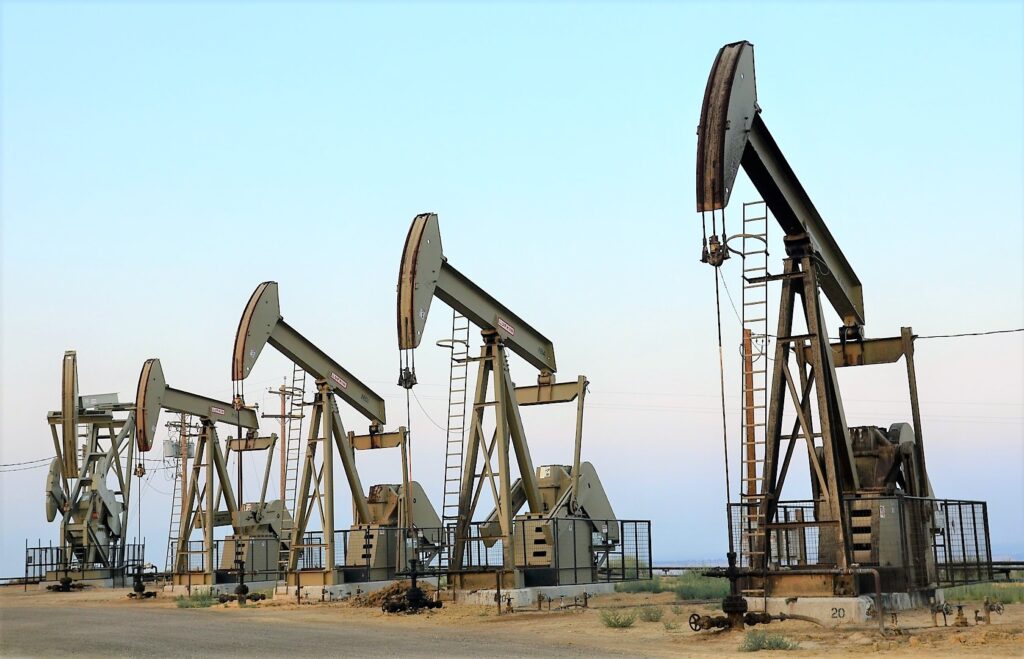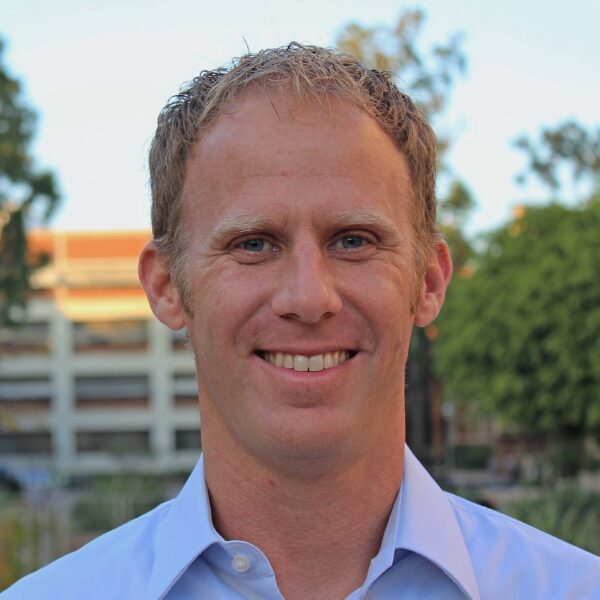
Tracking the effects of oil and gas drilling on tribal communities
As existing oil and gas reserves dwindle, producers increasingly rely on well stimulation treatments, such as hydraulic fracturing or “fracking,” acid fracturing, and matrix acidizing, to extract remaining reserves. These…
As existing oil and gas reserves dwindle, producers increasingly rely on well stimulation treatments, such as hydraulic fracturing or “fracking,” acid fracturing, and matrix acidizing, to extract remaining reserves. These methods present a variety of harms to the environment and human health; in addition to contributing to greenhouse gas emissions, oil and gas well facilities have the potential to release large amounts of toxic air pollution, as well as compounds that lead to formation of ozone. Oil and gas exploration and development can also endanger wildlands and wildlife, as well as drinking water supplies.
Tribal populations in oil and gas production regions, such as Navajo communities in northwest New Mexico or the Seminole Tribe of Florida and Miccosukee Tribe of Indians of Florida, are often disparately affected by the pollution and other impacts of development. We are collaborating on a pair of projects with WildEarth Guardians and the Natural Resources Defense Council (NRDC) to address the impacts of oil and gas drilling on tribal and communities in New Mexico and in Florida. Evidence suggests oil and gas industries are operating without proper air quality compliance and permitting throughout the Greater Chaco and Carlsbad regions of New Mexico. This disregard exposes the public to higher health risks, including toxic air pollution and ground-level ozone. By advancing current data collection and monitoring drill sites, our project aims to better inform the public, environmental advocates, and Tribes of assess air quality compliance and permitting activities of oil and gas industries throughout New Mexico.
Simultaneously, in Florida, oil and gas operations threaten the Big Cypress National Preserve, a wetland critical to the flora and fauna of the Everglades and surrounding communities. The Preserve also holds cultural and spiritual significance to the Seminole Tribe of Florida and Miccosukee Tribe of Indians of Florida. Recent oil exploration has caused long-term damage to the hydrology, soil, vegetation, and wildlife of this vulnerable ecosystem. Future exploration and drilling, especially using chemical-laden, unconventional acidizing techniques, risks contaminating drinking water supplies, further degrading wetlands, and impacting communities who rely on a healthy ecosystem for its inherent value and for income from ecotourism. We will work to determine the extent of existing oil drilling operations, particularly sites using acidizing, to identify potential risks. We hope the research we accomplish will lead to the reduction of exploration and drilling impacts on tribal and other communities in these areas.
View our Final Report for New Mexico
View our New Mexico Technical Appendix
View our Final Report for Florida
Clients: WildEarth Guardians and NRDC
Student Team: Julia Campbell, Victor Chen, Gracie Coates, Ashley Fernando, Olga Gudino, Daniela Lara, Jada Larson, Kyle Willenborg, and Annie Wu
Advisor: Noah Garrison

